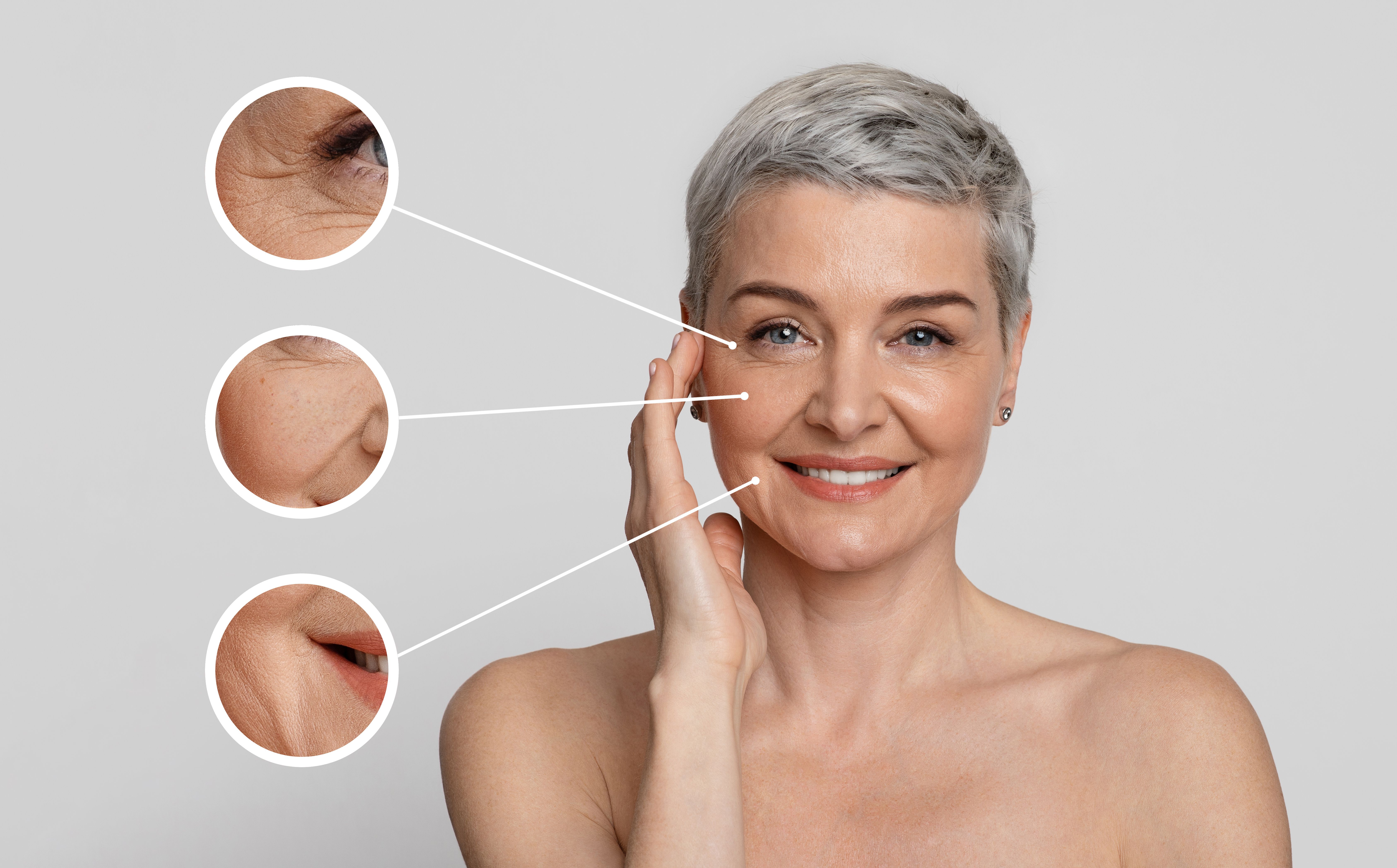- Acne
- Actinic Keratosis
- Aesthetics
- Alopecia
- Atopic Dermatitis
- Buy-and-Bill
- COVID-19
- Case-Based Roundtable
- Chronic Hand Eczema
- Chronic Spontaneous Urticaria
- Drug Watch
- Eczema
- General Dermatology
- Hidradenitis Suppurativa
- Melasma
- NP and PA
- Pediatric Dermatology
- Pigmentary Disorders
- Practice Management
- Precision Medicine and Biologics
- Prurigo Nodularis
- Psoriasis
- Psoriatic Arthritis
- Rare Disease
- Rosacea
- Skin Cancer
- Vitiligo
- Wound Care
Article
New Study Suggests Invasive Weed Could Have Anti-Aging Properties
Author(s):
The study was the first to examine the fruit's properties as a wound-healing agent and skin protectant.
It is considered a noxious weed, but the fruit of the cocklebur plant was found to have antioxidant and anti-inflammatory properties that could potentially be used as a skin protectant.1
Prostock-studio/AdobeStock

Lead author Eunsu Song, a doctoral candidate at Myongii University in South Korea, conducted the research with Myongii University professor Jinah Hwang. They discovered that compounds in the species' spiky fruits reduced damage from UVB
and quickened wound healing in laboratory tests using cells and tissues. In addition, the cocklebur extracts may also influence the production of collagen.
Cocklebur is a plant native to Southern Europe, Central Asia and China that has spread worldwide, often found in moist or sandy areas such as roadside ditches and riverbanks. Its fruits have been used for centuries in traditional medicines for headaches, stuffy noses, skin pigmentation disorders, and rheumatoid arthritis.
The new study is the first to examine the fruit's properties as a wound-healing agent and skin protectant. Researchers first studied the molecular properties of cocklebur fruit extracts and isolated compounds that could contribute to antioxidant and anti-inflammatory effects. They used cell cultures and a 3D tissue model. They then used cell cultures and a 3D tissue model with properties, like human skin, to study how these compounds affect collagen production, wound healing and damage from UVB radiation.
Comparing the bioactivity of cocklebur fruits grown in various places, the researchers found that fruits grown in South Korea had slightly higher antioxidant and anti-inflammatory properties and greater wound-healing activity than those grown in China.
Researchers cautioned that high doses of cocklebur fruit extract can be harmful and further research is needed to determine how to use it safely in cosmetic or pharmaceutical applications. They plan to further study the biological mechanisms involved and conduct experiments in animal alternatives to investigate ways to adapt cocklebur fruit extracts safely in cosmetic products.
Reference:
1. Scientists see anti-aging potential in an invasive weed. ScienceDaily. https://www.sciencedaily.com/releases/2023/03/230330102441.htm. Published March 30, 2023. Accessed April 10, 2023.
Newsletter
Like what you’re reading? Subscribe to Dermatology Times for weekly updates on therapies, innovations, and real-world practice tips.














